Tonight I had the great pleasure of hearing Jonathan Tropper read from his latest book, This Is Where I Leave You, and answer some questions. I've been a fan of Tropper's for several years – in the three years I have written this blog, he is the only author I've reviewed three times. (Here is the review of This Is Where I Leave You, here is the review of How To Talk To A Widower, and here is the review of The Book Of Joe).
Tropper is as funny in person as he is in his books. Here's what he had to say.
Background: This Is Where I Leave You started out as a different book. Tropper had just gotten a new publisher, one that gave him a lot of leeway, and he set out to write a book about marriage seen through the prism of divorce. He decided to have his main character lose his wife and job on the same day - two of the things that defined him as a man - and set off on a downward trajectory, flailing at age 35. Tropper then wrote a scene where his protagonist went to his parents' house for a birthday party for his father, along with his messed up siblings, and Tropper found that his book really came alive then. He ended up throwing out everything he had written so far, and made the book more about the man's relationship with his family and less about the failure of his marriage. In the interim, he had to kill off the father, turn the birthday party into a funeral, and convert the whole family to Judaism, so that he could take advantage of the seven-day mourning period.
Q: Was Judd Foxman's name Judd Foxman before he became Jewish? No, he had a different name before. Tropper couldn't remember the old name.
Q: Would you ever write a sequel to This Is Where I Leave You? What happens to the characters after the book ends?No, he wouldn't write a sequel. He sees no value to that. Each book is about a specific journey, and there is no use revisiting the characters when the journey is over. There is no fun going back to the same guy to see how he is now. Also, the book got good reviews – no need to bring out another version!
Q: This Is Where I Leave You has been optioned for a movie. Have you thought about which actors should play the characters? No, he's bad at that. He sees his characters as he envisioned them during the year and a half he was writing the book. He doesn't see anyone particular in the roles.
Q: So what DOES happen to these characters in the end? Are you worried Hollywood will slap on a happy ending? All is not healed and redeemed, they don't all love each other in the end. Deep hurts will come out again, and will fester with bitterness. Since he's the screenwriter for the movie version, he's not worried that the ending will be different. He will have to edit, get rid of certain subplots and characters to get the book to fit into a two-hour movie.
Q. What's happening with the film versions of your other books? Everything Changes has been optioned, and Toby Maguire is either going to star or produce it. How To Talk To A Widower is at Paramount. The director and studio can't come to an agreement on the lead actor.
Q: This Is Where I Leave You is more than just a funny book. It really struck a chord with me, emotionally – it seemed like some of the characters came right out of my family. Is it true that you are working on a remake of Harvey with Steven Spielberg? Yes. He already wrote the script for the remake of Harvey, and Spielberg got interested and asked him to rewrite it, so he is doing that. It's an adaptation of the play as a 2010 film, rather than a remake of the original movie. He wanted to tell a contemporary tale – there is not much in common with the original movie.
Q: Have you heard from your former publisher since the success of This Is Where I Leave You? Yes, they have been very gracious. They know that they didn't do all they could with his last book, How To Talk To A Widower, which was a bestseller in four countries but didn't have parallel success here. He was sick of his wife calling him "Hasselhoff".
Q: When you write, do you think cinematically now? No, he tries not to. He has gotten accused of doing so before, but he has always written that way, and in fact tried to make his last two books "non-optionable". (They got optioned anyway). This Is Where I Leave You is hard to adapt – much of what happens does so in Judd's head; the book is episodic; and it's not a typical three-part story. Yet it got optioned anyway.
Q: Which writers influenced you, and which contemporary writers do you enjoy? When he was young, Tropper read a lot of Stephen King books, and wrote stories about vampires. Then he read Jay McInerney's Bright Lights, Big City, and it was like a bunch of light bulbs went off. He realized what you can do with writing. He commends that book, which is brilliant and economical – calls it one of the most brilliant books of the last 20 years. Kurt Vonnegut was also an inspiration. He used mini chapters and paragraphs and colloquial tone, and Tropper thought, "I could do that." (Which of course was wrong.) You don't have to be Charles Dickens or Henry James to write books. Favorite contemporary authors: Richard Russo, Jonathan Lethem, Michael Chabon, Joyce Carol Oates, and ____ Hedges (I didn't catch the name – Jonathan Tropper, if you're reading this, can you leave a comment with the name of this author??). People assume he's well-read – he isn't. He doesn't read when he's writing, and then he doesn't have time to read when he's touring, and then he's writing again, so the books pile up on his nighttable.
Q: Your books are incredibly well-paced. How do you achieve that? He doesn't chart out the plot beforehand. It comes naturally, and then he edits and moves pieces around and changes things when he feels as though the plot has come to a standstill.
I really, really enjoyed Tropper's talk tonight. He's very funny and down-to earth, and I also liked talking to him after the reading, when he patiently signed my four books. Thanks for a great reading!


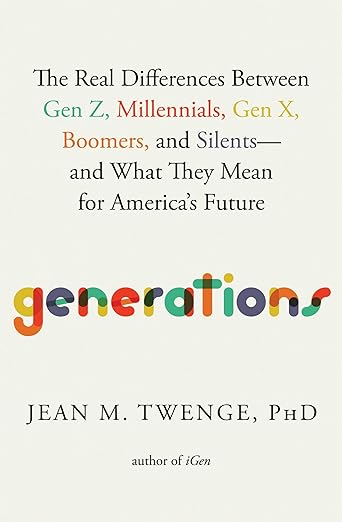

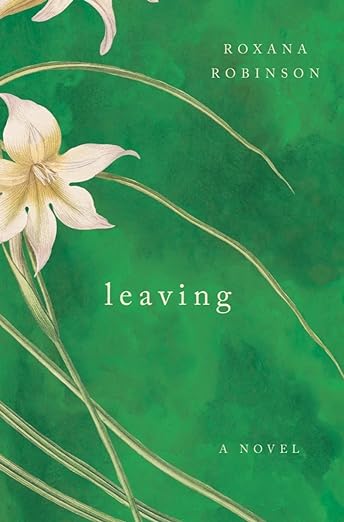
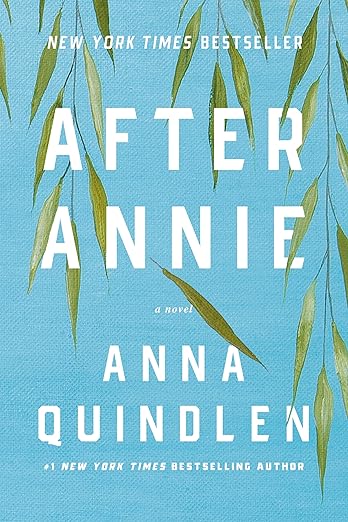
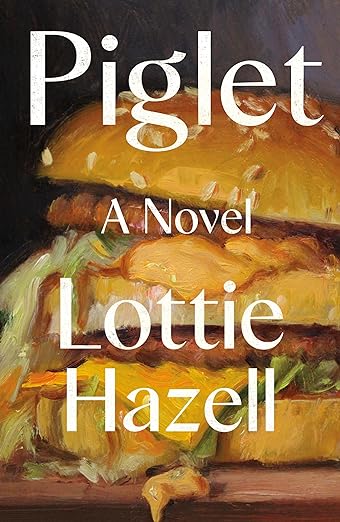
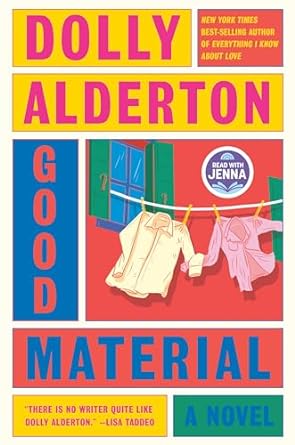
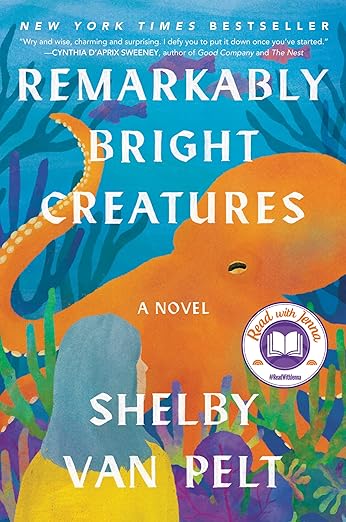
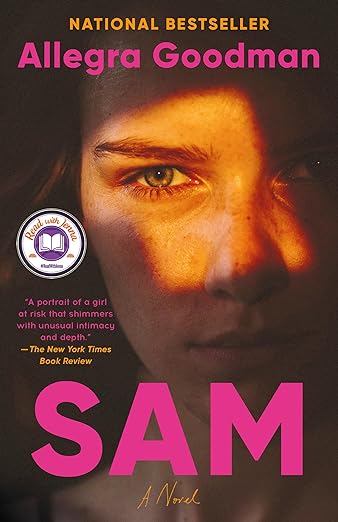
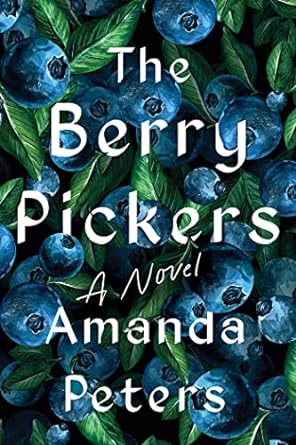
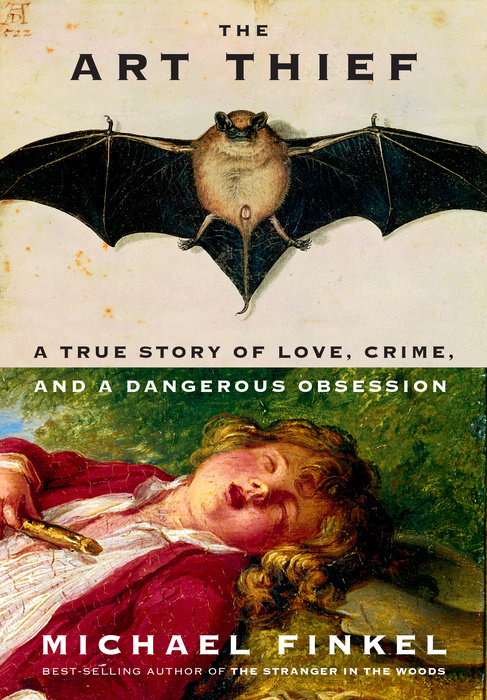
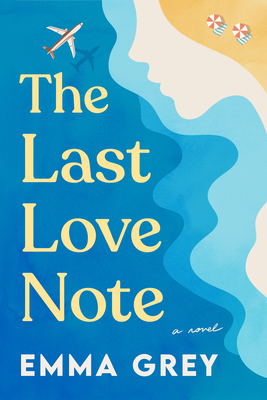
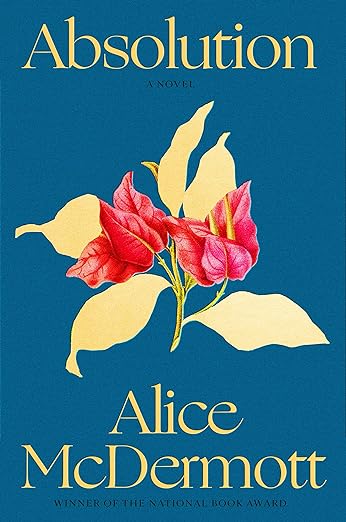
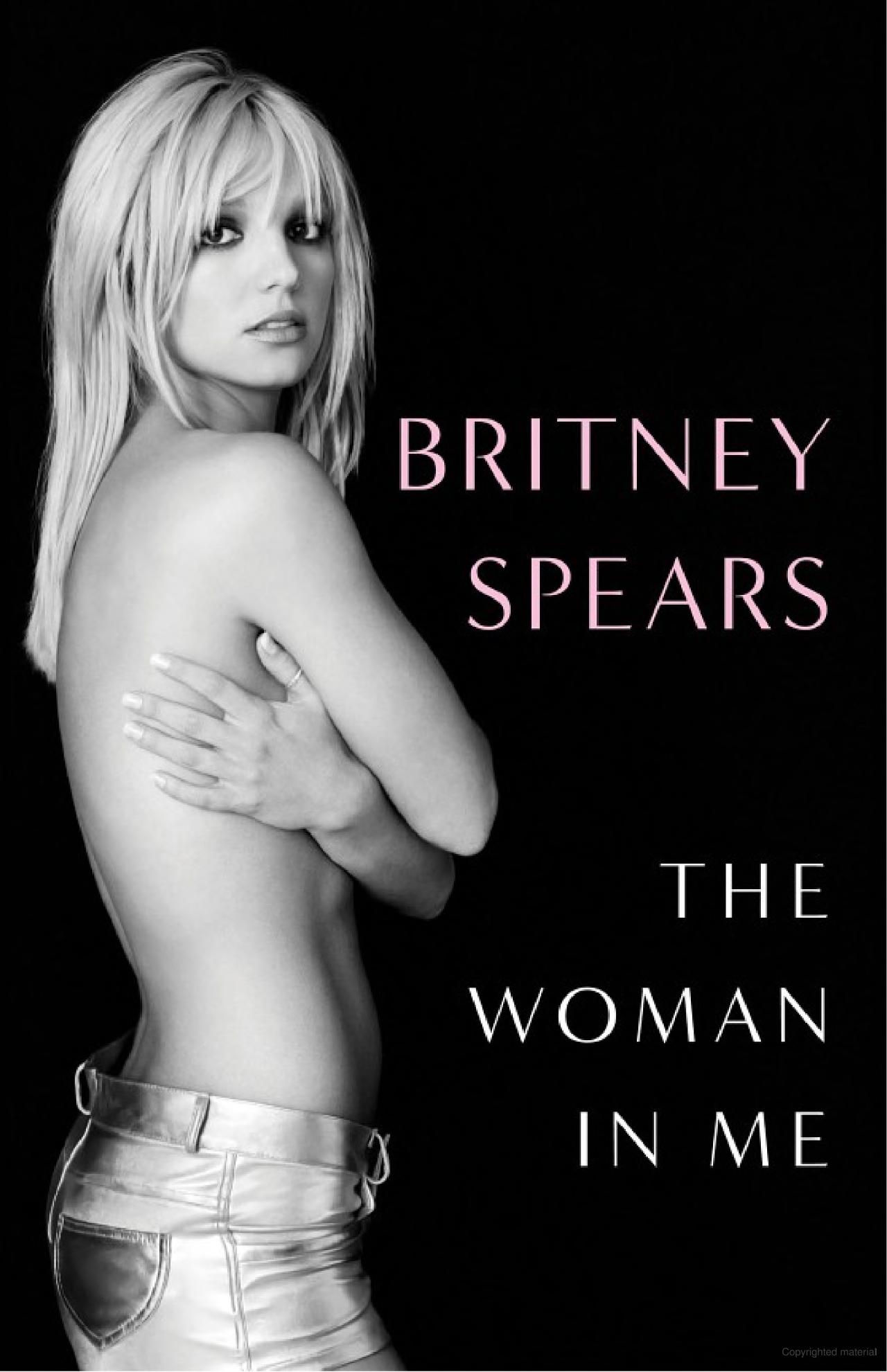
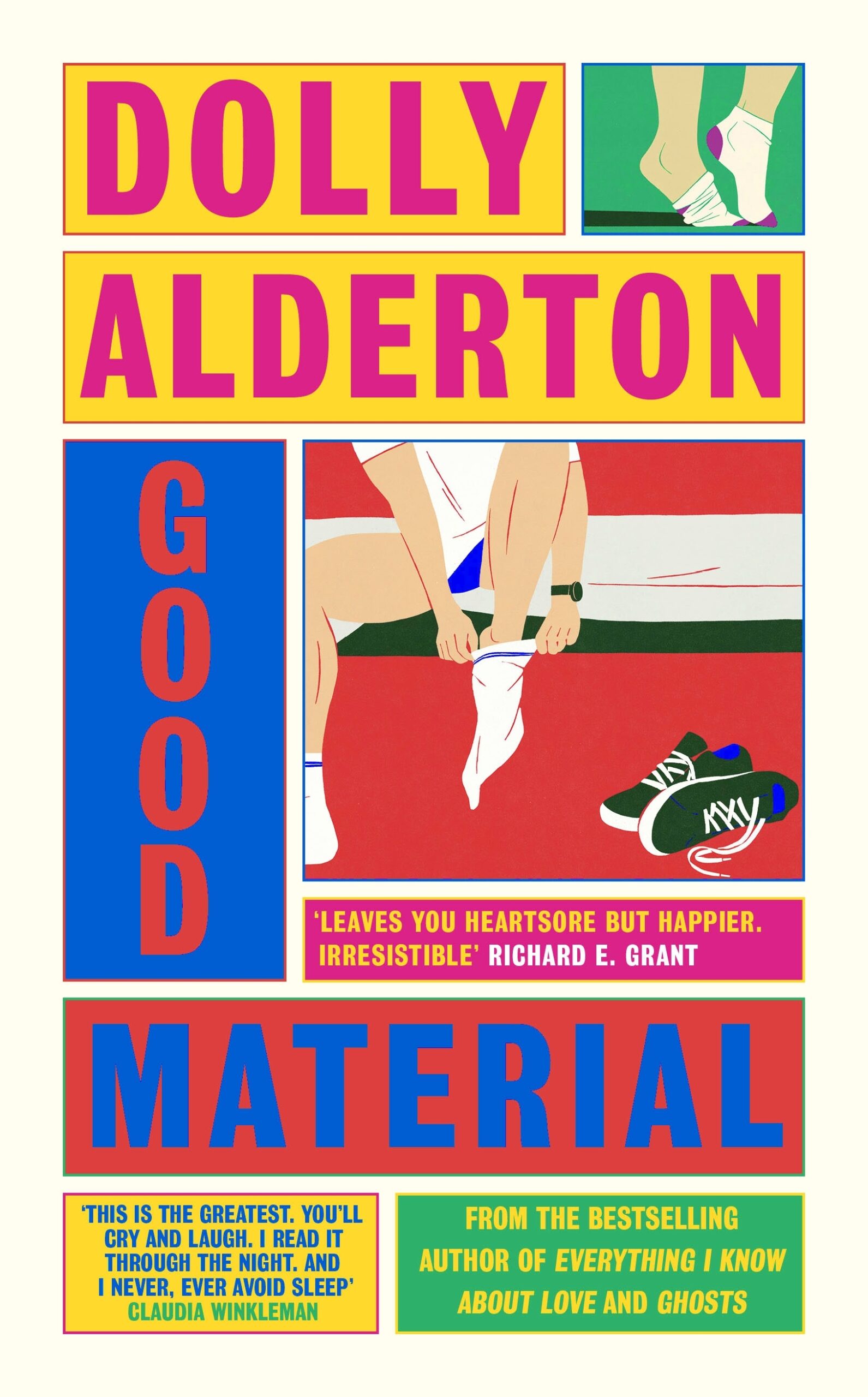
About Me
I have been blogging about books here at Everyday I Write the Book since 2006. I love to read, and I love to talk about books and what other people are reading.